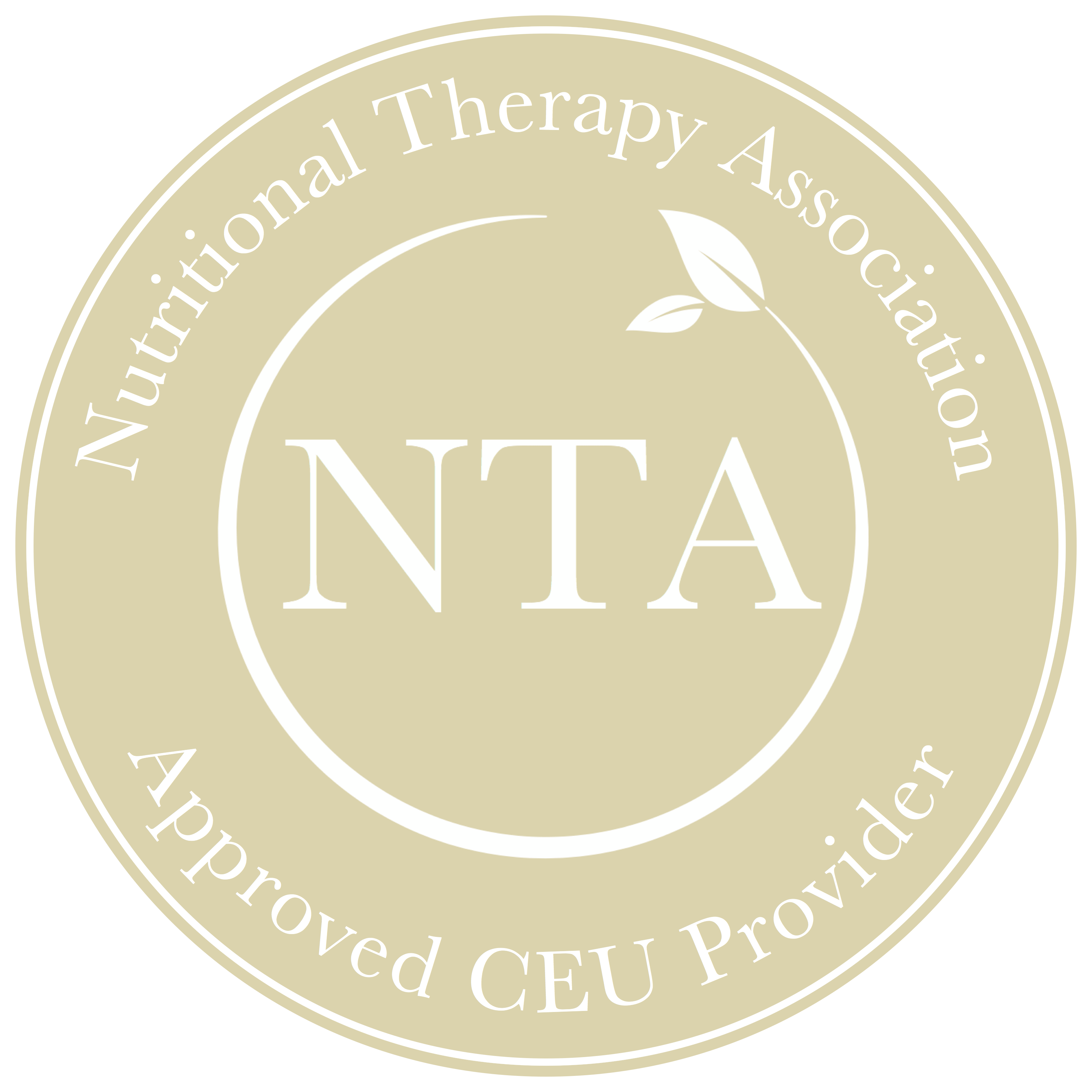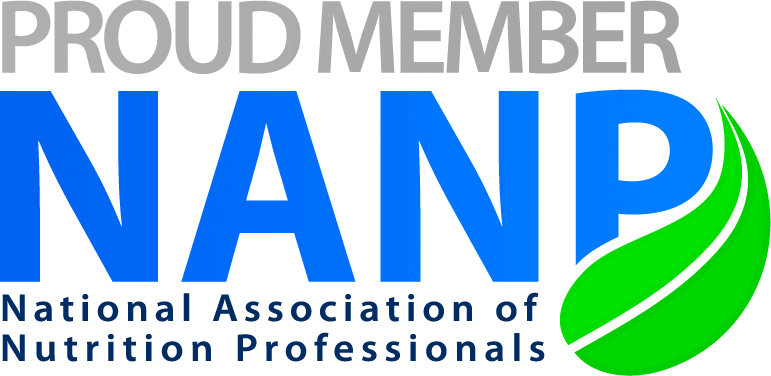In today’s world, it’s easy to equate “health” with merely avoiding disease. But what if we shifted our focus?
At Restorative Wellness Solutions (RWS), we believe true health is about more than just the absence of illness—it’s about returning the body to balance so it can thrive. This requires a different way of thinking, shifting from a pathological perspective to a more functional perspective.
Here are 5 ways in which thinking differently can help you and your clients get better results:
1. Reframe Your Understanding of Health
In conventional medicine, health is often defined by the absence of disease. This model emphasizes diagnosing and treating illnesses once they appear. However, achieving optimal health requires focusing on returning the body to a state of balance and function—not simply avoiding pathology.
The functional approach emphasizes a proactive stance:
- Pathology: Diagnose disease
- Function: Identify imbalances
Rather than waiting for disease to strike, functional health works to detect imbalances before they manifest as illness, supporting a more proactive and preventative stance on health.
2. Seek Out Root Causes, Not Just Symptoms
Conventional medicine often targets specific symptoms. While this can provide temporary relief, it doesn’t always address the underlying issue. The functional approach, on the other hand, digs deeper to uncover the root cause, enabling true healing.
- Pathology: Treats symptoms
- Function: Looks for root cause
When practitioners look for root causes, they empower clients to address the problem at its source, resulting in more lasting and meaningful health improvements.
3. Prevention Over Cure
When focusing on function, the goal shifts from simply treating diseases to preventing them. Conventional medicine’s “treat when sick” approach is replaced by a focus on optimizing wellness and resilience.
- Pathology: Treats disease
- Function: Prevents disease
Functional health encourages lifestyle changes, dietary adjustments, and other strategies to maintain balance and stave off disease before it even appears.
4. Redefine Health as Optimal Wellness
In the conventional model, health often means the absence of diagnosable disease. But functional health raises the bar, defining health as optimal wellness, where clients not only feel better but also thrive.
- Pathology: Health = absence of disease
- Function: Health = optimal wellness
Optimal wellness means clients aren’t just symptom-free; they’re experiencing peak vitality and well-being.
5. Embrace a Systemic Perspective
Conventional healthcare tends to be highly specialized, focusing on isolated parts of the body. Functional health, by contrast, takes a systemic view, understanding that every part of the body is interconnected.
- Pathology: Specialized
- Function: Systemic
This holistic approach allows practitioners to see how various systems interact and influence one another, leading to more comprehensive and personalized care.
Making the Shift to Functional Health
At RWS, we specialize in training practitioners to identify imbalances, seek root causes, and support optimal wellness for their clients. This systemic approach not only enhances client outcomes but also builds a stronger foundation for long-term health. Learn more about our upcoming Spring 2025 semester here.







